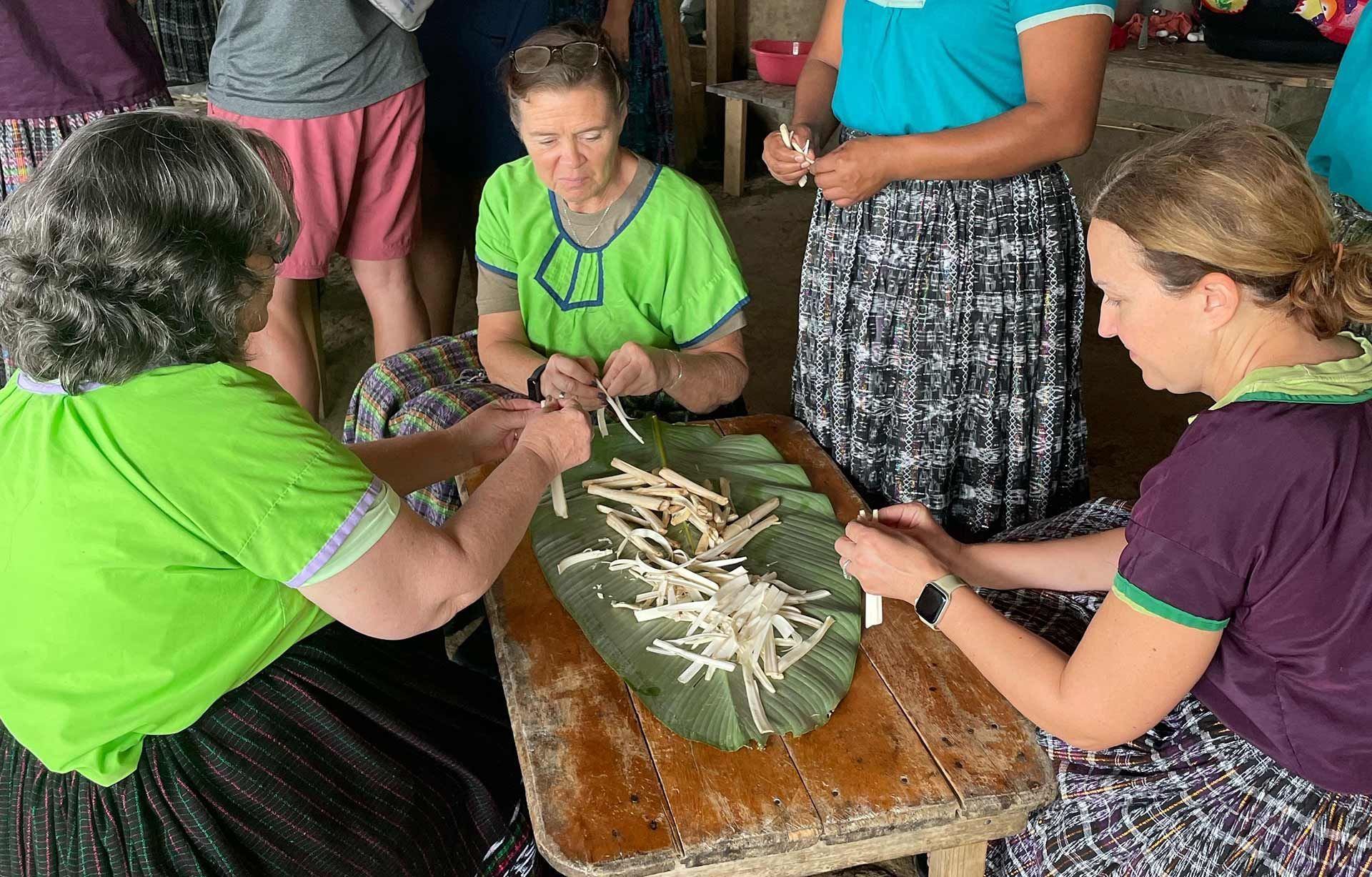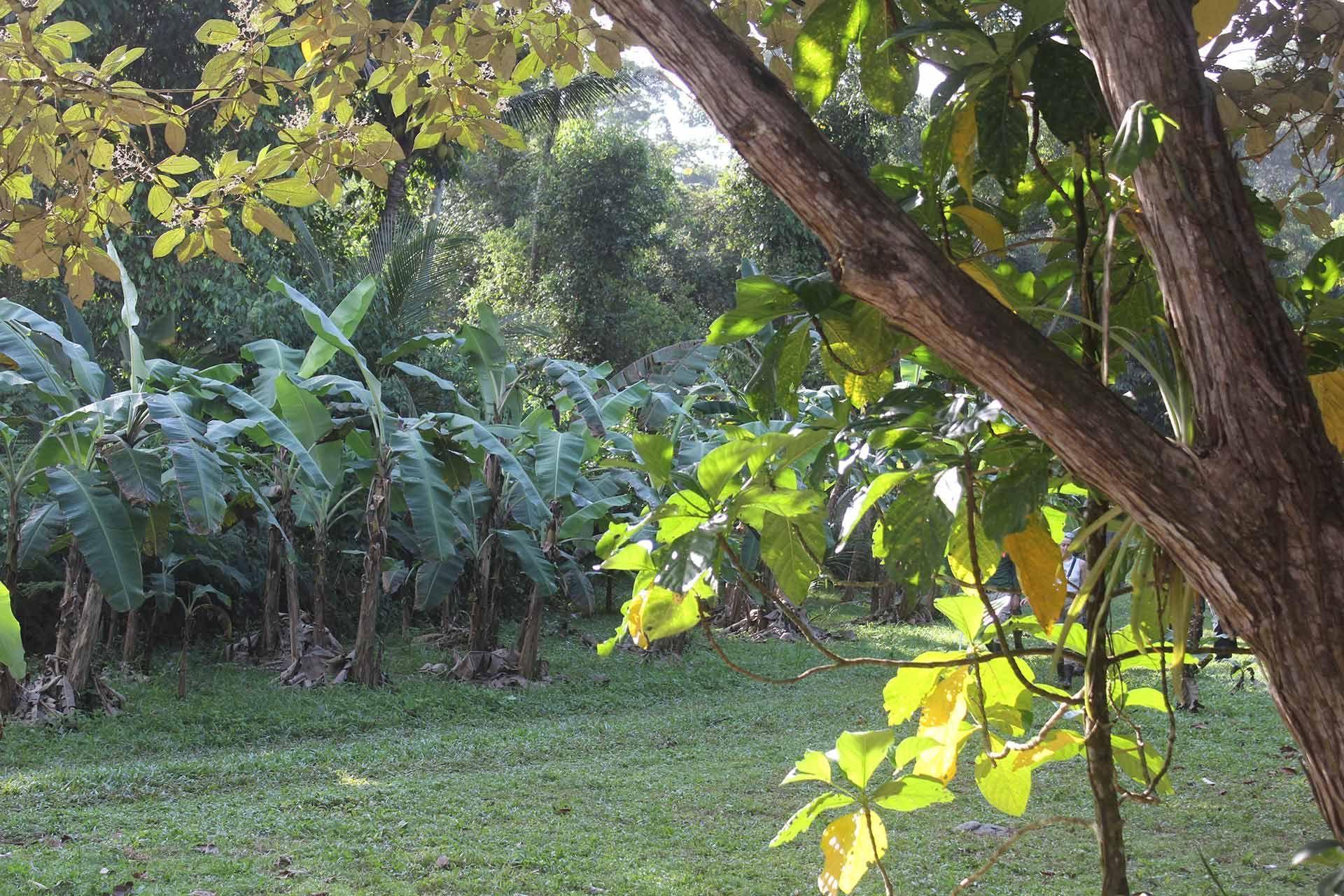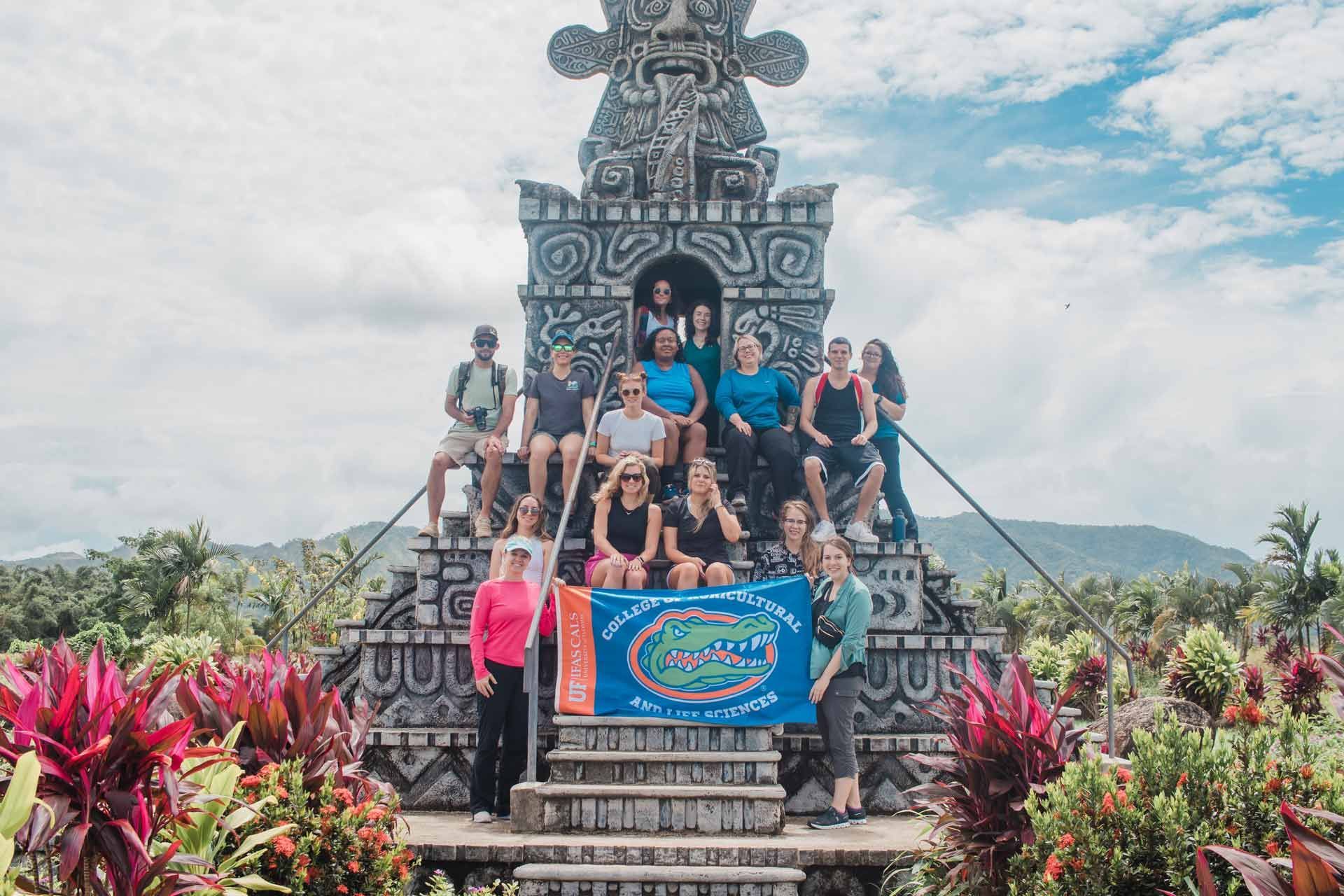Tropical with a Cultural Twist: An Intern in Belize Reflections!
The Intern in Belize program is administered by Toucan Education Programs in Belize, Central America. Our blog provides participants with a platform to share their personal stories. We encourage participants to be frank and honest about what they think and how they feel about the myriad of positive and not so positive experiences. Its only when we reflect that we can truly grow from our daily lived experiences. The post Tropical with a Cultural Twist: An Intern in Belize Reflections! appeared first on Toucan Education Programs Belize Blog.
Sense of time is one thing that is definitely different here than in the United States. When a Belizean says okay right now, it means in a few minutes. When a Belizean says 8, they mean 8:30. As an American who was taught that being on time was important, I’ve really had to learn how to be flexible and relaxed about time.
Another thing that I am not used to is the amount of car-honking that happens. Taxis when they drive by will often honk at people walking trying to see if they want a ride. Men will honk as they pass to let you know they find you attractive. Deliver drivers (who usually are riding on mopeds) will honk outside and expect you to come out rather than deliver to your door. I had an experience where I was riding with a Belizean and we were going to someone’s house who wasn’t expecting us. We pulled into her yard (yes, the grass since she didn’t have a driveway) and honked the car. Then the lady came out and talked to us while we stayed in the car. When we left, we left a tired print trail on her grass. In the U.S., that would be considered very rude and disrespectful. Here? It’s a common thing for people to go to someone else’s house, honk, and expect them to come outside. It replaces doorbells in a way.
There are no fast food restaurants in this country, but rather many places serve lots and lots of chicken and rice. Diabetes is a huge problem here, because many people eat a lot of fried foods and sugar. Fruits are easy to come by, and delicious! Even so, they are full of sugar. I’m finding that it’s almost cheaper to eat out at a restaurant than to buy food at the supermarket to cook at home. This is because a lot of the food items are imported from the U.S., and usually double (sometimes triple) the price of what one would pay in the states! The cheap foods, however, tend to usually be chicken or fish sandwiches (which are fried) and fries. None of that is healthy! This is why obesity and diabetes is actually a problem here in Belize, even without McDonalds readily available as in the U.S.
Even though Belize has a very small population for their country, it is so diverse and culturally distinct! My supervisor for my internship is Garifuna, and she told me one of the problems with Garifuna is that many young people are not learning the language and that it could die off. Belize is often promoted as a culturally diverse and accepting place, but there is much racial profiling that happens in this small country. I was told in Belize City, there is a police unit that is called the ‘Gang Suppression Unit’ that will often target people of colored skin, even if they are completely innocent. Even people of colored skin can be prejudiced toward people who are darker than they are. It’s extremely sad that racism continues to happen all across the world. America, who is similarly called a ‘melting pot’, definitely caters toward one type of population (often the white, upper/middle class).
“My internship itself has been very eye-opening and very exciting for me to be a part of! I admire my supervisor very much and I love how passionate she is for the children of Belize.”
She is a strong advocate for them. When teachers try to hold kids back, she pushes them to allow the kids to attend the same class as their peers, but just giving them the amount of homework that they are able to do. When kids are held back and older than all of the kids in their class, it can often cause behavioral issues. She is very passionate about making sure that the teachers are giving the kids the care that they need to succeed. She isn’t aggressive, but she’s determined and knows how to get her point across. Here in Belize they really push for inclusive education, which is allowing kids who have disabilities to participate in the classroom of their peers without disabilities. I love that about the education system here! In the U.S. there are separate classrooms for kids who have disabilities. I remember passing by the special education class as a child, but I never interacted with them. It is great socialization and a great chance for these kids to learn how to work with people.
One problem that I am noticing here is that many teachers don’t know a whole lot about kids who have disabilities and many of them don’t have the desire to learn more about it. My supervisor told me that when she went on to further education, she was the only one who focused on special education. That is really sad to me! I would think that teachers who want to work with kids would care about the ones who really need the most help, but alas that is not always the case. We have been putting together several teacher workshops to educate teachers about how to work with kids who have special needs. In this district, they have assigned one coordinator per school to identify the kids who may qualify for the special education services. That one teacher then notifies my supervisor and she will then go and evaluate that child. If the child is then deemed to require services, they will start receiving them. It can often be the way the teacher is teaching as well, as the teacher may not be catering to what that specific child needs to successfully learn in a classroom setting. I hope that more and more teachers will start to learn more about disabilities and how they can help these kids perform best!
Because Belize is such a diverse country, many kids who live here don’t have English as their first language. They may be speaking Maya, Spanish, Kriol, Garifuna, Chinese, Indian, or a number of other different languages as their first. A problem with this is that teachers will then hold back kids because they aren’t ‘smart’ enough to pass, when the reality is that they can’t speak English. The Ministry of Education really pushes teachers to identify this and try and help those kids learn English, or encourage the families to learn English so that the child can be set up for success in the classroom. This child would not fall under as having a disability, and therefore would not be able to receive special education services. In the U.S. you can see this problem especially in states close to the Mexican border, or anywhere there is a refugee camp. In Indiana specifically, we have a large Burmese population that doesn’t know English. Because of this they are not able to get the education that they deserve because they can’t speak English.
“I am thankful to have the opportunity to travel to this beautiful and diverse country. Belize is teaching me a lot about myself and it’s been a wonderful experience. I have met some really awesome people who have taught me a lot and I’m excited to continue to grow these upcoming months I am here.”
Guest Author: B. Russell, IU-Bloomington





